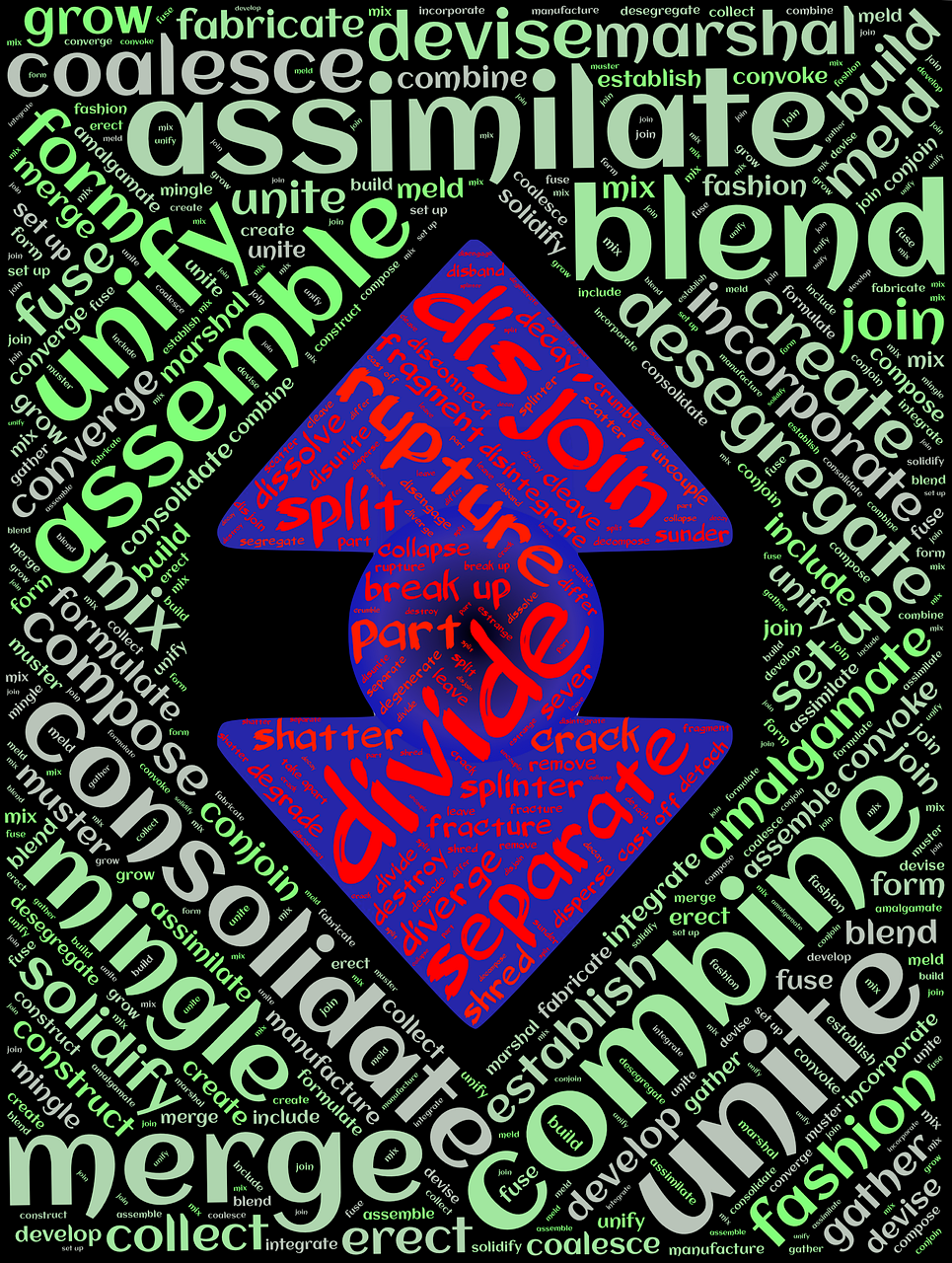Easter grieving
- Susan Stubbings

- Apr 1, 2024
- 3 min read

Anniversaries and Special days
Easter is a celebration of hope, all things new and in the Christian faith it represents the resurrection of Jesus Christ, conquering death and freeing us of our sins.
When thinking about how hard grief can be at times of celebration, in life when someone dies, they don’t get resurrected as we understand it and death means they are gone from our sights forever. That’s hard to experience when the person who died was someone we love.
Easter can be particularly problematic for those grieving, if your loved one died at Easter, because Easter changes dates most years.
A grieving person can associate Easter with the death and yet the death might not have happened until a few weeks later. This can cause emotional confusion; do we acknowledge the death at Easter or on the day our loved one actually died? In reality it may feel like we have to have two anniversary days where those first feelings zoom back in ‘as if’ the death has just happened.
Easter can be hard on our emotions when we are grieving, whether this is new grief or grief that is ongoing. Anniversaries and special days can be problematic, especially as others are full of the joys of spring, party moods and get together with family.
When the rest of the world is celebrating this can often feel like we are not withstanding our grief. We feel alone and there is only internal chaos as the waves of grief surge upon us and it can feel like our loved one has died all over again. Feelings can be intense even years later; this is to be expected and normal.
Its still important to celebrate the life of our loved ones and planning ahead can be comforting but if you’ve not planned ahead for the dates then it’s never to late to do something either with family members or alone.
This can help you feel closer to your loved one, offer comfort and peace can come in small act of kindness towards yourself.
What can we do to support our grief?
We can be mindful that Easter is a celebration in our life, we can choose to be part of it or not, it’s up to you what you do with your time.
We can be mindful Easter won’t last, and neither will our feelings, they will change as the day’s goes on and your feelings will change as the days play out.
Take care of yourself be kind and be self-compassionate by giving yourself patience, permission to grieve, to go with your feelings without censoring them.
Relate with the love you would be bestowing upon your loved one had they been here in person and use it to comfort you.
Keep up with your traditions or create new one’s whichever you feel is right for you.
Find ways of keeping your loved one in the celebrations whether that is in past traditions or new ones. These create continuing bonds with our loved ones and support our feelings because we are still doing something for them.
This might be:
Write a letter or poem to them, express your love for your loved one.
Write your feelings down, your feelings are valid and worthy of recognition.
Write them an Easter card or better still make one with all their favourite colours and things they loved in life.
Talk about them and talk to them, bring them into the here and now.
Keep something that belonged to your loved one beside you throughout the day, this can offer you comfort and help you feel closer to your loved one.
Make their favourite meal or eat their favourite snack.
Whatever you decide to do, be kind, gentle and patient with yourself. Grief is a natural way our whole being responds to the loss of a loved one, and all the feelings you felt in the beginning may come back at any time especially around celebrations, anniversaries and special days. There’s no time limit on grieving and your grief is speaking to you so speak back to your grief with kindness and love.
You can read more about grief and loss here


.jpg)



Comments